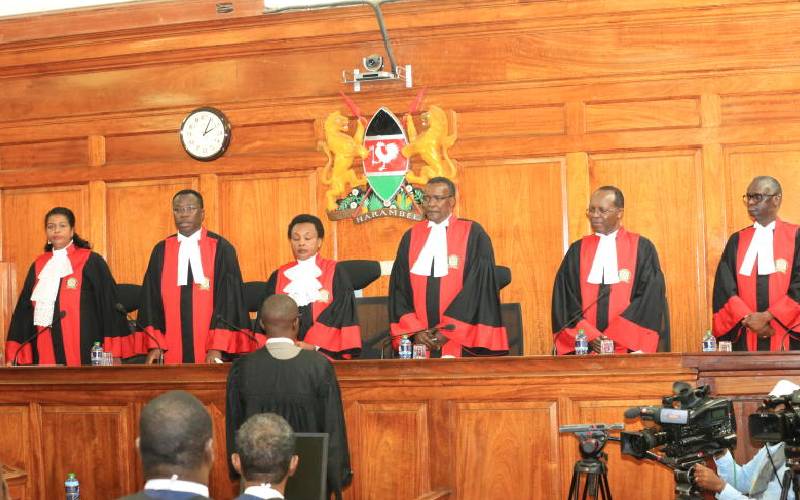×
The Standard e-Paper
Kenya’s Boldest Voice

Kenya’s Constitution has been lauded, and rightly so, as one of the most transformative and progressive in the world. If effectively implemented, there is no doubt it would address most of our national challenges in line with the aspirations that informed its enactment.